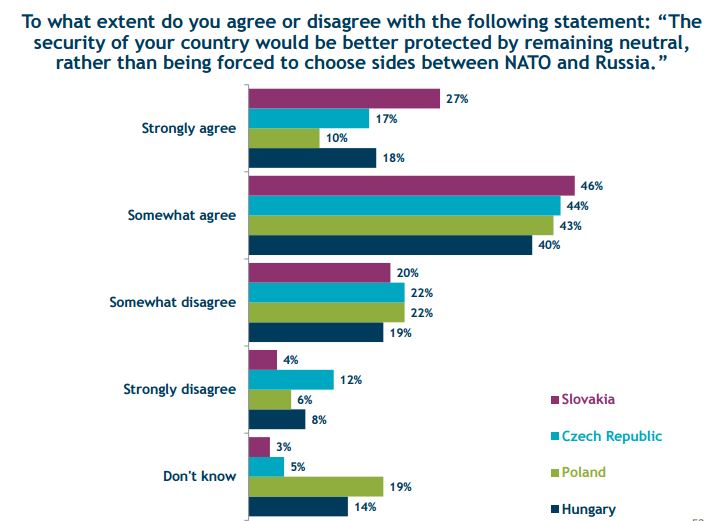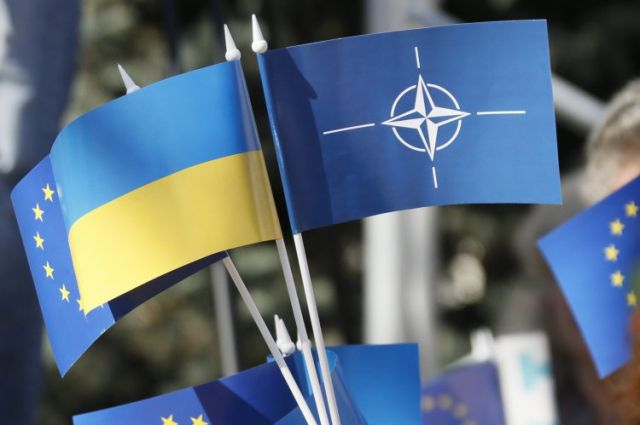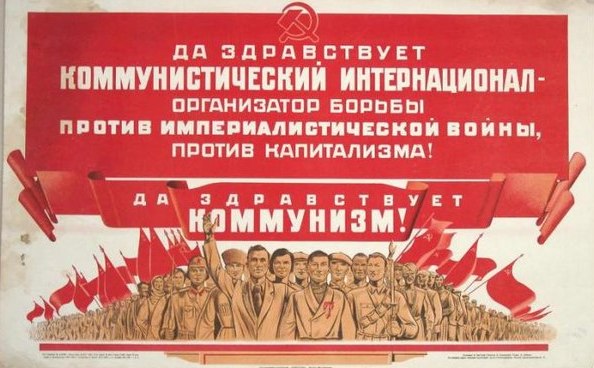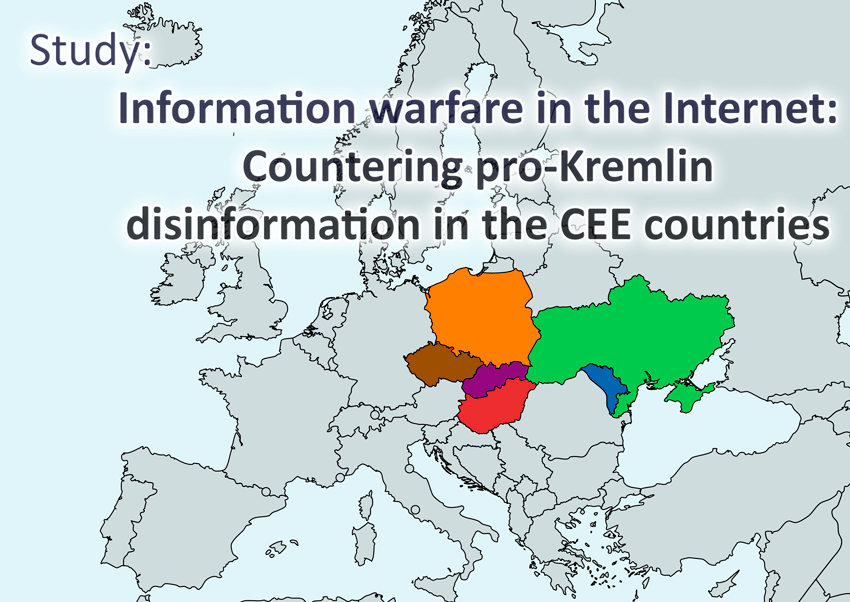A poll of residents of Slovakia, the Czech Republic, Hungary, and Poland (the "Visegrad Four") released by the International Republican Institute (IRI) on 24 May 2017 revealed that the population of those countries have a waning commitment to NATO and the EU, tensions over identity issues, and are vulnerable to Russian influence.
The poll found that a majority of respondents in all four countries either strongly or somewhat support neutrality towards both NATO and Russia (Slovakia: 73 percent; Czech Republic: 61 percent; Hungary: 58 percent; Poland: 53 percent).

Seventy-five percent of Slovaks believe that Russia should be a security partner, followed by 59 percent of Czechs, 54 percent of Hungarians, and 35 percent of Poles.

Nine years ago, in 2008, most Ukrainians favored either a neutral status for their country or an alliance with Russia (30% each), while only 15% supported Ukraine's integration into NATO. After Russia's occupation of Crimea and covert war in eastern Ukraine, public opinion flipped and is now at its historical maximum in support of NATO.

The IRI poll of the V4 countries also reveals ambivalence about the nature of European identity, with many respondents in V4 countries feeling that the EU is forcing them to abandon traditional values while considering Russia as a protector of those values, and a vulnerability to Russian disinformation coming from nontraditional media outlets.
The Visegrad Four (V4) is a cultural and political alliance of four Central European states and relatively new EU members for the purposes of furthering their European integration, as well as for advancing military, economic and energy cooperation with one another. These countries are a special target for Russian active measures. A recent hack of the communications of a Belarusian activist revealed that Kremlin officials and businessmen were involved in financing anti-NATO protests across the V4 countries. Jakub Kalenski, a member of the European External Action Service task force assigned with studying Russian propaganda, said that Russian propaganda spreads in the four countries through many disinformation outlets.





